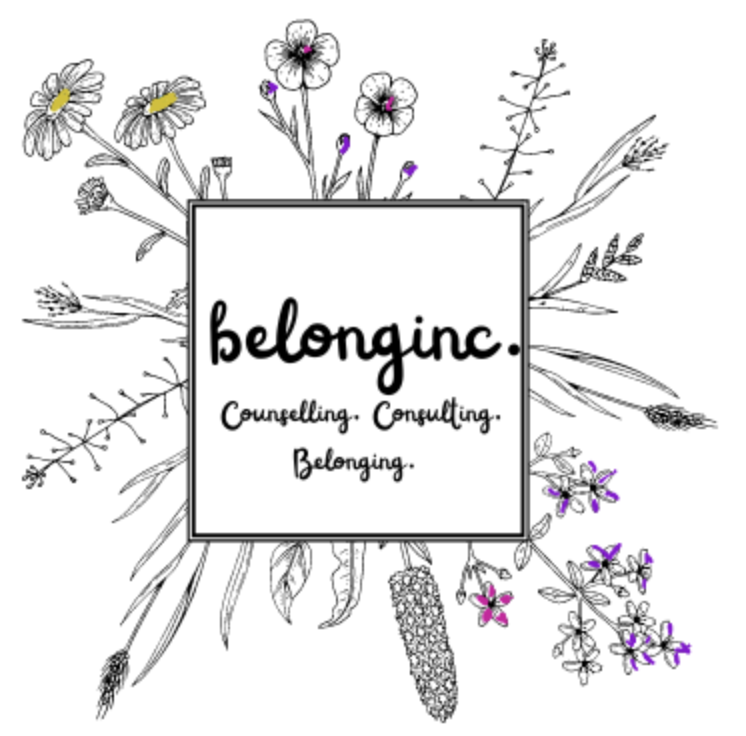Blog & Resources
Blog & Resources

How to Build Resilience in the Face of Adversity
In life’s journey, we all encounter challenges that can test our strength and resolve. Building resilience is essential for navigating these difficulties and emerging stronger.
Resilience is not about avoiding life’s hardships but about learning to adapt, recover, and grow from them. It is a vital component of mental health, enabling individuals to cope with stress, trauma, and adversity more effectively.

Understanding Resilience
Resilience involves the capacity to bounce back from setbacks and maintain a sense of well-being despite life’s challenges. It is a dynamic process that includes emotional, mental, and behavioral flexibility. Developing resilience is an ongoing journey that requires self-awareness, supportive relationships, and healthy coping strategies.
The Mental Health Benefits
Enhanced Emotional Regulation: Resilient individuals can better manage their emotions, reducing the impact of stress and anxiety. This emotional stability is crucial for maintaining mental health and well-being.
Improved Problem-Solving Skills: Resilience fosters a proactive approach to challenges. By focusing on solutions rather than problems, individuals can navigate difficult situations more effectively.
Greater Sense of Control: Building resilience empowers individuals, giving them a sense of control over their lives. This empowerment leads to increased confidence and self-esteem.
Reduced Risk of Mental Health Issues: Resilience acts as a buffer against mental health disorders such as depression and anxiety. It promotes a positive outlook and helps individuals cope with life’s inevitable ups and downs.
Fostering Positive Relationships: Resilience is strengthened through connections with others. Building and maintaining supportive relationships can enhance emotional and social well-being.
Practical Tips for Building Resilience
Develop Self-Awareness: Understanding your strengths and weaknesses is the first step toward building resilience. Self-awareness allows you to recognize your emotional responses and manage them effectively.
Cultivate a Support Network: Surround yourself with supportive and understanding individuals. Strong relationships provide a safety net during challenging times and offer different perspectives and advice.
Practice Self-Care: Taking care of your physical, emotional, and mental health is crucial. Engage in activities that bring you joy and relaxation, such as exercise, hobbies, or meditation.
Embrace Change: Change is a constant in life. Learning to accept and adapt to change can enhance your resilience. View challenges as opportunities for growth and learning.
Set Realistic Goals: Break down larger goals into smaller, manageable steps. Achieving these incremental goals can build your confidence and keep you motivated.
Seek Professional Support: Sometimes, professional guidance is necessary. Therapists and counselors can provide tools and strategies to help you build resilience and navigate life’s challenges.
Ready for a Change? Connect with Us
Building resilience can transform your mental health and overall well-being. Our team is here to support you on this journey. Schedule your consultation today and take the first step toward a more resilient and empowered life.
We Want to Hear from You
Have you experienced the benefits of building resilience? Share your stories with us! Let’s create a community of support and transformation. Together, we can navigate life’s challenges and emerge stronger.
Contact Information
Phone: (204) 720-5883
Email: [email protected]
Assistance Hours:
Mon – Sat 9:00am – 8:00pm
Sunday – CLOSED
Ancaster, Ontario
Address provided after booking.
Burlington, Ontario
534 Brant St, Burlington, ON L7R 2G8, Canada
Contact Information
Phone: (204) 720-5883
Email: [email protected]
Assistance Hours:
Mon – Sat 9:00am – 8:00pm
Sunday – CLOSED
Ancaster, Ontario
Address provided after booking.
Burlington, Ontario
534 Brant St, Burlington, ON L7R 2G8, Canada





